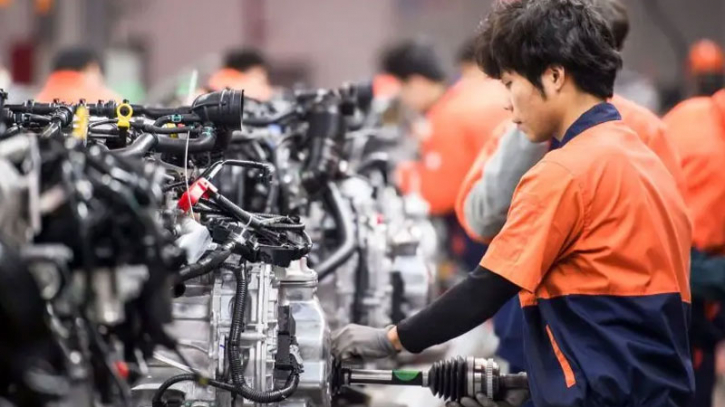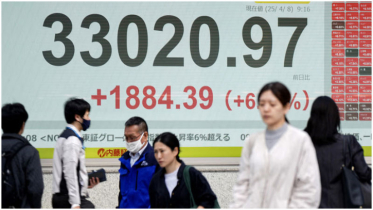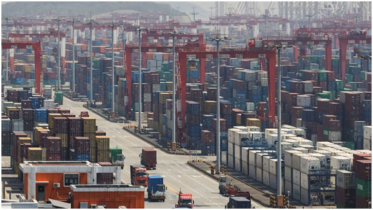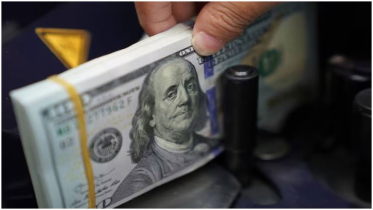China factory activity contracts for 5th straight month in August

China's factory activity reduced for a fifth consecutive month in August, official data showed on Thursday, as pressure mounts on Beijing to offer more policy support to bolster its sluggish economy.
The reading is the latest to indicate the world's second largest economy's post-Covid recovery is running off the tracks owing to a decline in overseas demand as well as a drop-off in consumption at home.
The official manufacturing purchasing managers' index (PMI) -- a key measure of factory output -- came in at 49.7 in August, below the 50-point mark that separates expansion and contraction, according to the National Bureau of Statistics (NBS).
Still, the reading was slightly higher than the July reading and also beat forecasts.
The non-manufacturing PMI, which includes activity in the construction and services sectors, fell to 51.0, from 51.5 in July, according to NBS data.
Lukewarm demand for exports, a slump in the property market and high rates of youth unemployment have raised concerns about the economic slowdown in China.
"The survey results show that insufficient market demand remains a major problem facing enterprises today," NBS analyst Zhao Qinghe said in a statement.
"The foundations for the recovery and development of the manufacturing industry needs to be consolidated."
A string of weak indicators this year have ramped up pressure on authorities to introduce measures to kickstart growth in the world's number two economy as the initial burst of activity in the first few months after the lifting of Covid rules fades.
In response leaders have announced a range of pledges aimed at various sectors, particularly the troubled property industry, but traders have been disappointed by a lack of detail or follow-through.
Many are now urging officials to unveil a "bazooka" of big spending similar to the $550 billion stimulus seen in 2008 during the global financial crisis.
"Overall economic momentum remains weak and more policy support is needed to avoid a renewed slowdown later this year," analysts at Capital Economics said in a research note.
China's economy grew 6.3% in the second quarter, much weaker than the 7.1% predicted in an AFP survey of analysts, while leaders have set a target of around five percent for this year, which would be one of its worst in decades, outside of the Covid period.
The International Monetary Fund (IMF) forecasts 5.2% growth in China's GDP this year.
.png)




